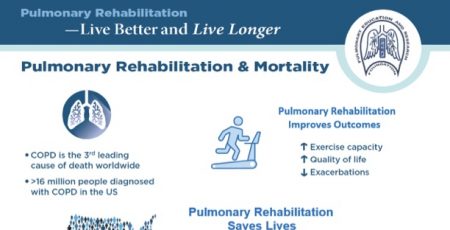
15 Apr Cold or Allergy: What’s the Difference?
How do you know if you what you’re feeling is a cold or allergy symptoms? A cold is caused by a virus while an allergy is an immune system reaction. Both cause discomfort and affect the respiratory system through the lungs, nose, and throat. However, a cold virus and an airborne allergen can cause different symptoms.
What are the symptoms of a cold and how do I treat it?
The cause of the common cold is a virus. Unfortunately, a common cold can last from 3-10 days to as long as a few weeks. A cold virus can be lurking where you least expect it. Cold viruses can be picked up on hard surfaces or from the air. Either way, it is easy to unknowingly touch or breathe droplets that can cause the onset of a cold.
Keep in mind, cold virus droplets remain infectious for several hours on surfaces where they fall. A virus can remain active for a longer period on surfaces like stainless steel, plastic, or a similarly hard finish. According to an article by the Mayo Clinic Staff, the temperature and humidity of the environment play an important role in determining how long the virus stays active outside the body.
A virus can be transferred by personal contact with someone infected through a handshake or breathing droplets from a cough or sneeze. The best way to avoid the cold virus is to wash your hands frequently with soap and water. In addition, refrain from any contact of your hands to your face and don’t bite your fingernails.
Symptoms of the common cold include:
- Runny nose
- Sore throat
- Cough
- Low grade fever
While there is no cure for the common cold, there are remedies and medications that can ease symptoms and make you feel less miserable. Here are a few ways to feel better:
Stay hydrated.
Drink water, juice, or warm clear broth, like chicken soup to loosen congestion and prevent dehydration. Avoid coffee or alcohol which can increase dehydration.
Add moisture.
Use a cool-mist vaporizer to add moisture in the air in your home to loosen congestion. Change water daily and keep unit clean according the manufacturer’s instructions.
Take medication as directed.
Read the label on all over-the-counter medications and take only the recommended dosage. Some cold remedies contain multiple ingredients such as a pain reliever and a decongestant.
A common cold is something we all want to avoid. While the latest remedy may bring relief, the best thing to do is take care of yourself every day. Wash your hands, drink plenty of water, and get plenty of rest. If your symptoms persist or worsen, call your doctor. Learn more tips to treat the common cold or flu at the Mayo Clinic.
What is a seasonal allergy and how do I treat it?
When the seasons change, your allergies let you know. If you tend to get a cold suddenly the same time each year, chances are you have a seasonal allergy and not a cold. It is typical to see similar symptoms for a cold or allergy, but the diseases have very different causes.
Seasonal allergies trigger with exposure to allergens like tree pollen or grass. Factors like weather and your immune system can prolong allergy reactions for several weeks. When you have allergies, your immune system makes antibodies that identify a particular allergen as harmful, even though it really isn’t. According to Dr. James M. Steckelberg, professor of medicine at Mayo Medical School, allergy sufferers may sometimes experience fatigue and even a cough with a seasonal allergy.
Common symptoms may include:
- Itchy eyes
- Sneezing
- Runny nose
- Stuffy nose
To alleviate the symptoms of seasonal allergies, it helps to reduce your exposure to the things that trigger allergy signs and symptoms.
- Stay indoors on dry windy days
- Delegate lawn chores
- Remove clothing worn outside
- Shower to rinse pollen from your skin and hair
Be proactive when the seasons change, take extra steps to reduce exposure:
Be aware.
Watch for pollen forecasts in your area and take appropriate precautions. Avoid early morning activity when counts are highest.
Be prepared.
Carry allergy medication with you and be proactive to manage your symptoms. Close doors or windows when pollen counts are high.
For many cold or allergy sufferers, over-the-counter medication is not always enough to ease symptoms. When this happens, it’s time to call your doctor. Learn more about whether your symptoms align with a cold or allergy at the Mayo Clinic.





No Comments